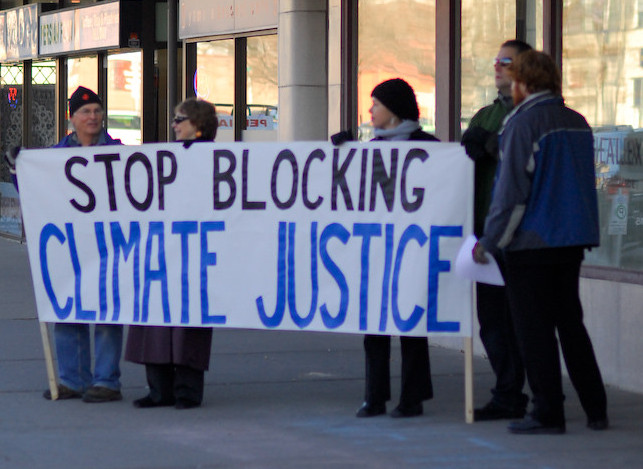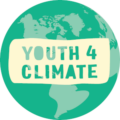
By Sophia Lee
The phrase “climate change” seems so abstract nowadays, especially with political tensions and the Covid-19 pandemic still at a head. Our nation’s internal conflicts and priorities have made it easy for us to forget problems that more directly affect the bigger picture such as global warming. And by “bigger picture”— I don’t just refer to our own futures, I am referring to the people of now all over the globe who are currently victims of the adverse effects of climate change.
Many seem to think that climate change isn’t a big issue now— but that it will be in a few decades, and thus, addressing the issue can be put off in place of more direct and personal problems. Those people likely don’t know that, according to Statista, “In the last few years, global temperatures have been consistently among the hottest on record. The global anomaly in surface temperature might be the cause of an increase in sea level, a decrease in arctic ice and the growing number of weather-related catastrophes, including storms, floods and droughts.”
And who do you think are the most affected by such natural disasters? According to Mercy Corps, “While everyone around the world feels the effects of climate change, the most vulnerable are people living in the world’s poorest countries, like Haiti and Timor-Leste, who have limited financial resources to cope with disasters, as well as the world’s 2.5 billion smallholder farmers, herders and fisheries who depend on the climate and natural resources for food and income.”
Meanwhile, industry critics of climate change claim that it is impossible to massively cut down greenhouse gas emissions without large financial and economic repercussions. However, according to The Center for American Progress, “There is no need to postpone greenhouse gas emissions reductions. The technology exists to reduce them through comprehensive application of energy efficiency, wind power, and solar power. For instance, McKinsey & Company, a global management consulting firm, concluded in a recent study that the ‘United States could reduce its greenhouse gas emissions in 2030 by 3.0-4.5 gigatons of CO2 emissions using tested approaches and high-potential emerging technologies.’ This would equal a 40 percent to 64 percent reduction in carbon dioxide emissions from today.” If one looks hard enough, there is massive space for improvement in regards to not only our countries, but also the world’s carbon footprint. This is largely due to the fact that the majority of greenhouse gas emissions come from America and China, and thus, the wealthier countries can make the greatest impact despite being virtually unscathed from the effects of climate change in comparison to the rest of the globe.
As a typical busy student with a vague but ultimately shallow view of climate change, I remember asking my teacher a question during my freshman year: “But when will climate change happen?” It wasn’t until I started to get more involved with climate justice and youth advocacy later on that I learned the current and far-reaching effects of climate change, especially in poor communities and areas targeted by natural disasters.
Now, I know for a fact that my former worldview was too narrow— and that ultimately, when I was asking that question, what I really meant deep down was, “When will climate change affect me?”
Targeting support for climate change through statistics and approximations of some abstract future where climate change puts the reader at a disadvantage is not enough. Remember: climate change activism is not just about science or self-interest, it’s a cause with a purpose that’s ultimately centered around saving people: you, me, and everyone around the world. I can’t think of a better way to appeal for climate justice than to let others know that climate change isn’t an issue of tomorrow, but is behind the end of many victims today.
Sources:
https://www.mercycorps.org/blog/climate-change-poverty
https://www.americanprogress.org/issues/green/news/2008/05/30/4369/excuses-excuses/
